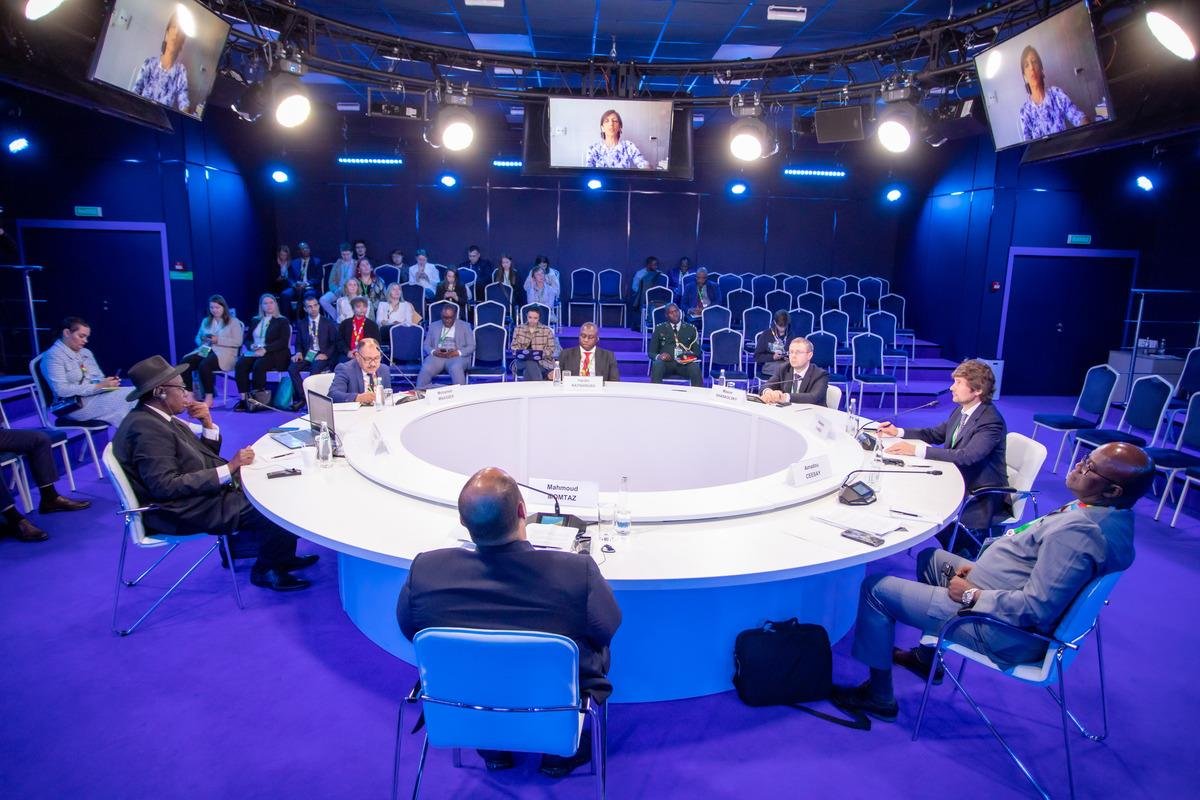“The antitrust law was initially developed in an uncertain environment”, according to Alexey Ivanov, Director of the BRICS Competition Law and Policy Centre.

The second Russia-Africa Summit featured a gathering of African antitrust agencies to discuss crucial issues relating to antitrust regulation, difficulties in enforcing antitrust laws against global digital monopolies, the function of antitrust organizations in ensuring food and human security globally, and the equitable participation of all nations in the global economy and access to technology.
“The antitrust law was initially developed in an uncertain environment”, according to Alexey Ivanov, Director of the BRICS Competition Law and Policy Centre.
“Adoption of antitrust laws helped the economic systems in post-World War II Europe, Russia during the shift to a market economy, China with the beginning of the reform and opening up policy, South Africa after the fall of the apartheid regime, and Brazil with the end of the military dictatorship advance.”
“In light of the current state of unpredictability in the world, the question of the purpose of antitrust law is being discussed. Only the same global antitrust initiatives, which are only feasible in the interstate format represented by BRICS+ and towards which the new members from African nations are also moving, can defeat modern global monopolies “he went on to say.
The plan to create an African Commission on Competition and Consumer Welfare was developed further. The establishment of a working group for cooperation is being attempted for the second time by regulators from Kenya, Egypt, Mauritius, Nigeria, South Africa, Morocco, Gambia, Mauritius, Nigeria, South Africa, Morocco, Zambia, and the Commission (COMESA), which includes 21 other African nations.
The working group will concentrate on the fields of e-commerce, aggregation services (online travel agencies and online classifieds), matchmaking services (social platforms like Google and Meta, as well as e-call and delivery services like Uber and Glovo), digital advertising (search and social media), fintech, and cybersecurity.
“To date, 29 African states have been cooperating with one another on a bilateral, regional, and international level to harmonise antitrust laws. We have succeeded in achieving significant results in just a few years, whereas typically it takes decades from the negotiation of agreements to the adoption of laws and the formation of regulatory institutions to control competition in the market. Given the current challenges’ global scope and the requirement for even closer cooperation between competition authorities, it is critical to keep developing this field,” according to Hardin Ratshisusu, Deputy Commissioner of the Competition Commission of South Africa.
The Russia-Africa Summit discussed the merger deal between Bunge and Viterra, an agribusiness giant with a strong presence in Brazil, South Africa, and Egypt. The merger may cause imbalances in the international food market, as the new player may establish control over logistics. This raises the urgent issue of developing infrastructure to detect and monitor cross-border cartel activity, posing direct economic costs, social and humanitarian risks.
A lack of uniform anti-corruption standards and inconsistencies make it difficult to identify and investigate cross-border cartels and cartel collisions. Mahmoud Momtaz, the chairman of the Egyptian Competition Authority (ECA), suggests using extraterritoriality as a control principle, allowing claims against the offending company’s entire corporate structure rather than just legal entities in a country. Increased trust and cooperation between antitrust services in various nations would be necessary for this.
“Control over big data today determines market power,” said Ivanov. In other words, businesses are gathering information, and a network effect is taking place. Antitrust authorities must now actively conduct coordinated work in relation to global digital monopolies, including a more aggressive application of the network effect criterion, as they can no longer ignore these facts.